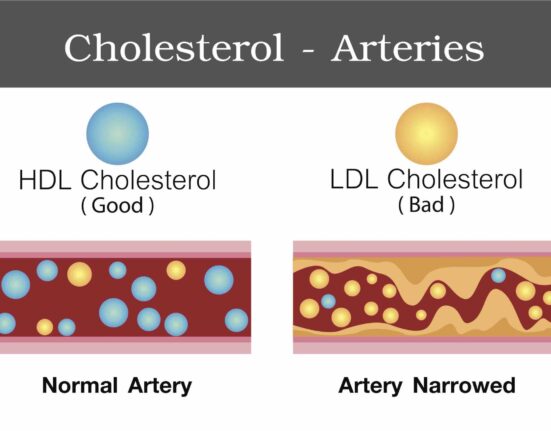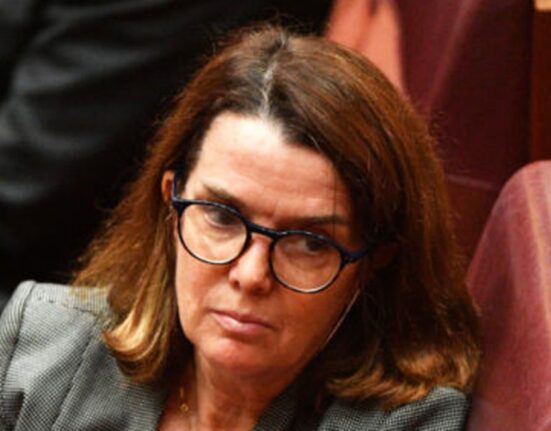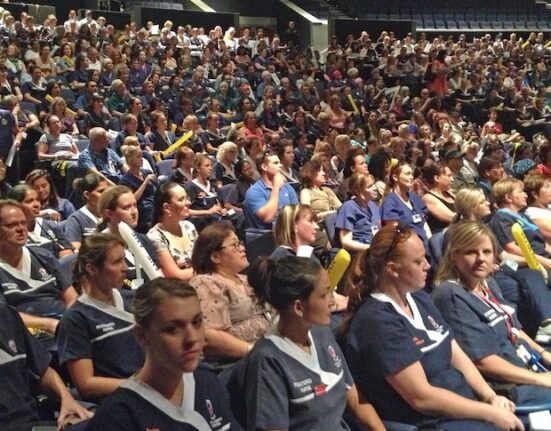The corridors of Cumberland psychiatric hospital echoed with mixed emotions – a blend of despair and frustration lingered in the air. As the sun rose over New South Wales, the once bustling facility now faced an uncertain future. The news had spread like wildfire; wards were closing, resignations were mounting, and vulnerable patients were caught in the crossfire.
Unprecedented Resignations Rock NSW’s Mental Health System
The heart of this turmoil lay in a standoff between more than 200 dedicated psychiatrists and the state government. The demand for a substantial 25% pay raise reverberated through negotiation rooms, but an impasse loomed large. Driven by the need to attract fresh talent and retain seasoned professionals, these psychiatrists stood united in their plea for recognition.
A Battle Over Public Mental Health Resources
Dr. Pramudie Gunaratne’s voice resonated with conviction as she highlighted the core issue at hand – it wasn’t just about salaries; it was about salvaging a crumbling mental health system on the brink of collapse. With each resignation letter penned, it wasn’t just a psychiatrist walking away; it was a lifeline severed for those relying on timely care.
Amidst this chaos stood Dr. Anu Kataria, her eyes reflecting years of service now overshadowed by disappointment. Her words painted a poignant picture of dedication thwarted by systemic neglect. The closure of beds marked not just physical vacancies but emotional voids left behind by caregivers who felt powerless against bureaucratic tides.
The Domino Effect on Patient Care
As wards shuttered their doors and vacancies remained unfilled, patients found themselves adrift in uncertainty. Drastic measures like capping referrals and relocating services hinted at makeshift solutions to a deeply rooted crisis that demanded urgent attention.
In the midst of this upheaval, there emerged concerns for some of society’s most vulnerable souls – those teetering on the edge between mental health support and judicial intervention. The ripple effect from dwindling forensic psychiatrists could cast long shadows over the justice system, amplifying risks for individuals with mental illnesses falling through widening gaps in care.
A Call to Arms for NSW’s Ailing Mental Health System
Dr. Christina Matthews’ somber reflections underscored broader societal implications as she voiced fears over rising numbers of mentally ill individuals entering correctional facilities. Each individual denied adequate psychiatric care represented not just a statistic but a narrative lost to inadequate resources and missed opportunities for intervention.
The tale unfolding within Cumberland hospital was not merely one of closures or resignations; it was a wake-up call to safeguard public mental health systems before they crumbled beyond repair.The clock ticked ominously as stakeholders grappled with decisions that held lives in balance – decisions that went beyond financial negotiations into realms where compassion met bureaucracy head-on.
In these trying times, amidst ward closures and mass resignations, one truth resonated loud and clear – healing fractured minds required more than medical expertise; it demanded unwavering commitment from governments, healthcare providers, and society at large to ensure no soul slipped through gaping fault lines within our mental health infrastructure.









Leave feedback about this